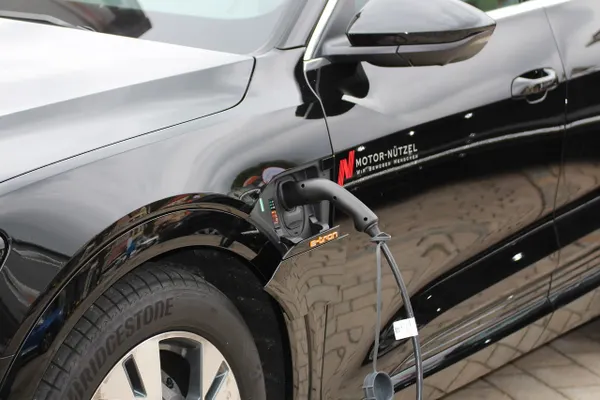PUTRAJAYA, Oct 29 — Electric vehicles (EVs) are set to serve as the official cars for Asean leaders attending state events when Malaysia chairs Asean next year, says Prime Minister Datuk Seri Anwar Ibrahim.
He said, therefore, the government would strive to secure as many EVs as possible.
"Interesting that the Cabinet decided recently… (all this time) everywhere we go, heads of government will (travel in) huge Mercedes.
“But if we are serious about sustainability and energy transition, let us showcase it in Malaysia; all cars to be provided for heads of government, ministers, officials will be only EVs,” he said.
Anwar said this in a forum entitled The Energy Sector as a Catalyst for Sustainable and Inclusive Socioeconomic Growth, here last night, which was jointly organised by the Higher Education Ministry and Petronas.
Also present were Deputy Prime Minister and Energy Transition and Water Transformation Minister Datuk Seri Fadillah Yusof, Higher Education Minister Datuk Seri Zambry Abd Kadir, Economy Minister Rafizi Ramli, and Petronas president and group chief executive officer Tan Sri Tengku Muhammad Taufik Tengku Aziz.
Anwar said the decision to use EVs, despite their potentially smaller size, is due to their cost-effectiveness compared to other vehicles.
"We will inform all Asean leaders that we want to provide larger cars, but this is the biggest EV available. Please use it and be satisfied," he said.
Meanwhile, Anwar said Malaysia should seize the opportunity presented by its Asean chairmanship, recognising the region's economic potential, and thus enhancing the country’s economic and political influence within the region.
"We must utilise this opportunity to position Malaysia as the Asean hub for sustainable growth," he said.
According to Anwar, Malaysia can now selectively choose the types of investments it wishes to attract, given its capacity to draw investors.
"Previously, we welcomed all data centres. Now not so; we only accept data centres that bring added centres of excellence, AI (artificial intelligence), training transfer, and exposure. Otherwise, we will decline.
"We have an advantage here because we have reached a point where we can now be more selective about the investments we accept," he said.
— Bernama




